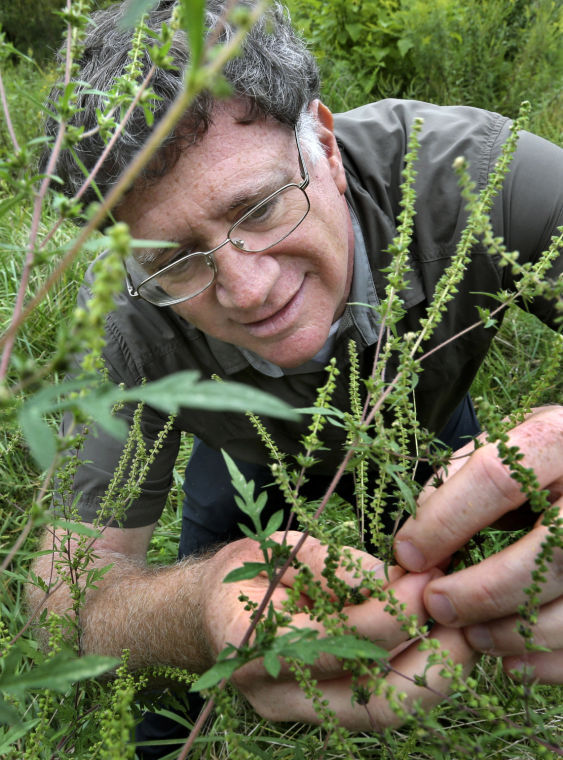Tropospheric ozone is a serious air-pollutant, with large impacts on plant function. I will discuss the relationships among ozone’s impacts on plant metabolism and competitive interactions among tree species. I will present results suggesting that tropospheric ozone, although it damages plant metabolism, does not necessarily reduce ecosystem processes such as productivity or carbon sequestration because changes in biodiversity and compensatory processes at the community scale ameliorate negative impacts at the individual level. I use an individual-based gap model that includes basic physiology as well as species-specific metabolic properties to examine the impacts of ozone on forest community and ecosystem dynamics. In addition to the finding that elevated tropospheric ozone leads to no reduction in forest productivity and carbon sequestration, I show that higher ozone levels lead to increased isoprene emissions, which result from enhanced dominance by isoprene-emitting species (which tolerate ozone stress better than non-emitters). These results suggest that because of the often positive relationship between isoprene emission and ozone formation, there may be a positive feedback loop between forest communities and ozone, which further aggravates ozone pollution.
Events that address critical issues confronting society in pursuit of environmental balance, economic vitality & social justice.
Get weekly updates on the Sustainability Events Calendar with the UCI Sustainability Resource Center's Weekly Digest.

This event has passed.

Competition, diversity, and ozone impacts on ecosystem processes
Thursday, Feb 4, 2016 @ 2:00 pm - 3:00 pm
| Free.1
